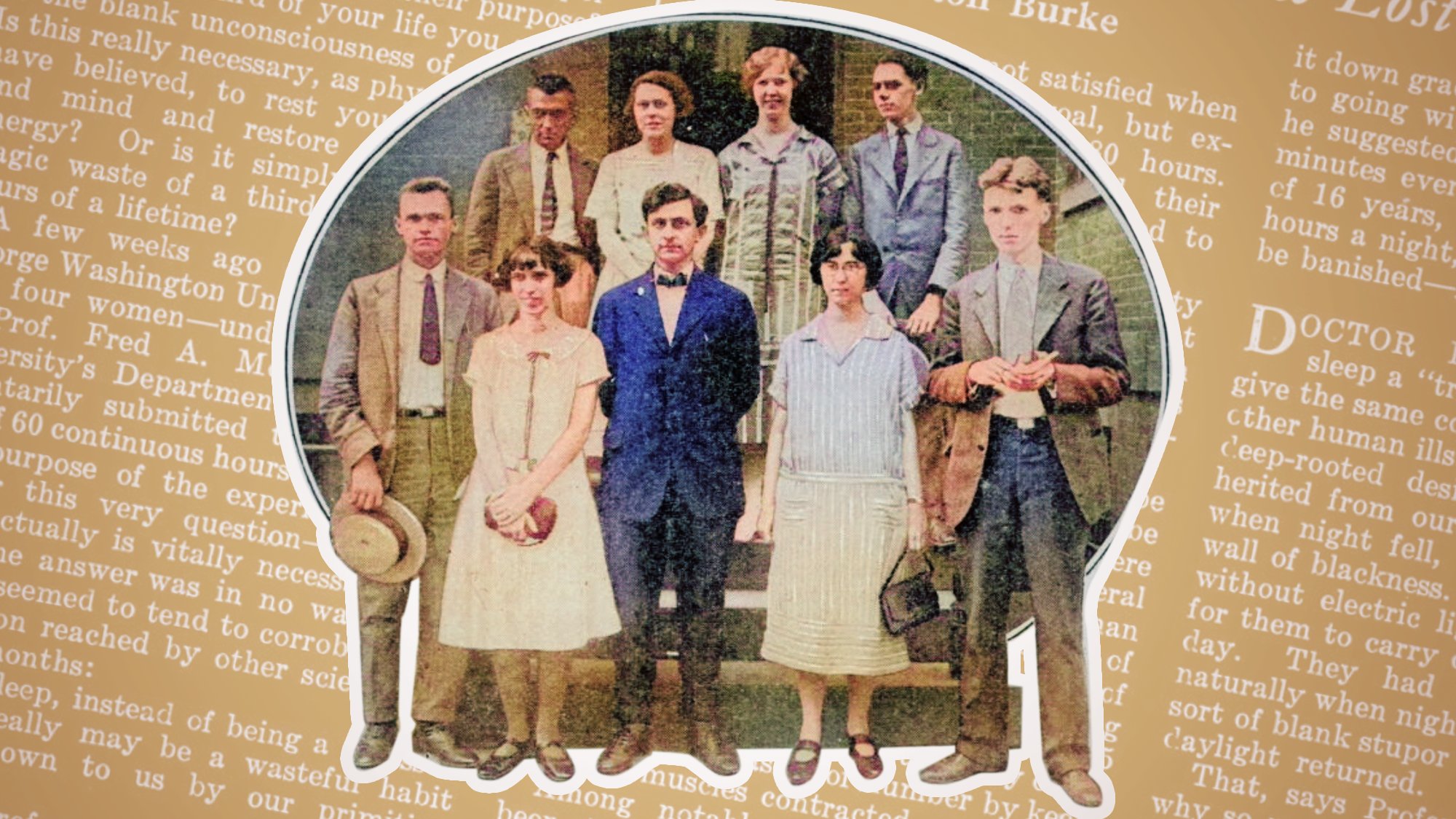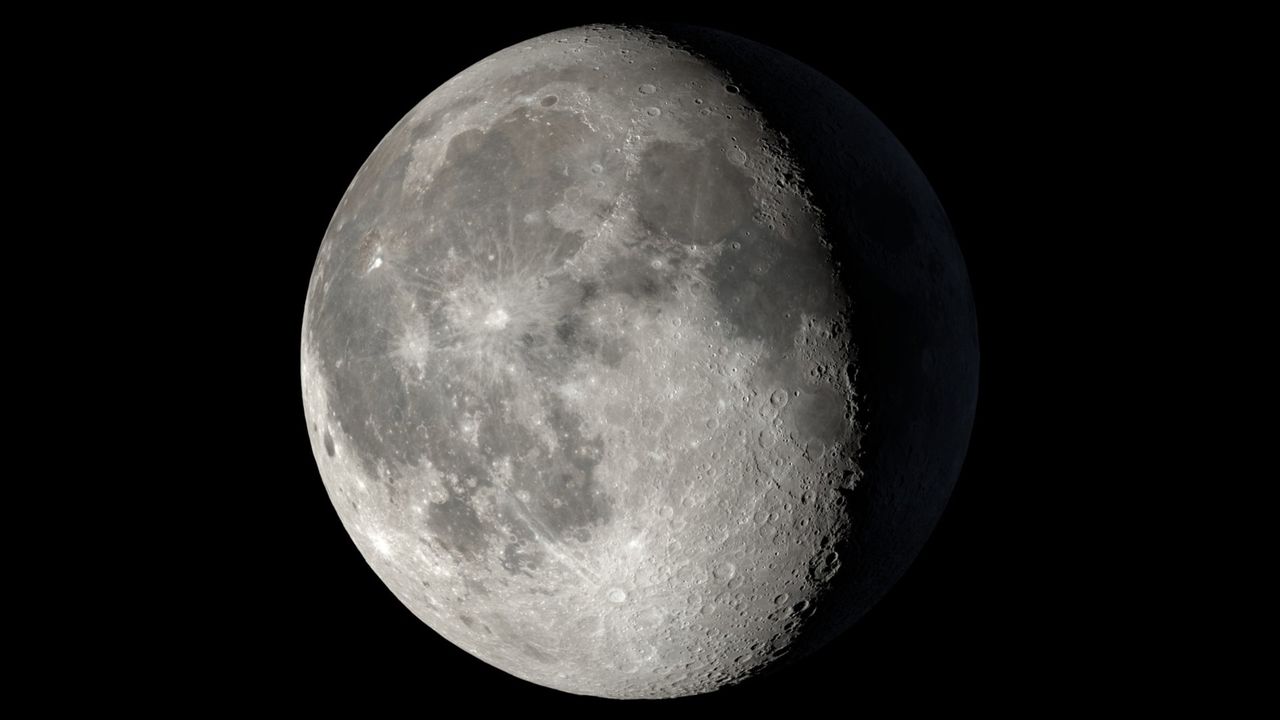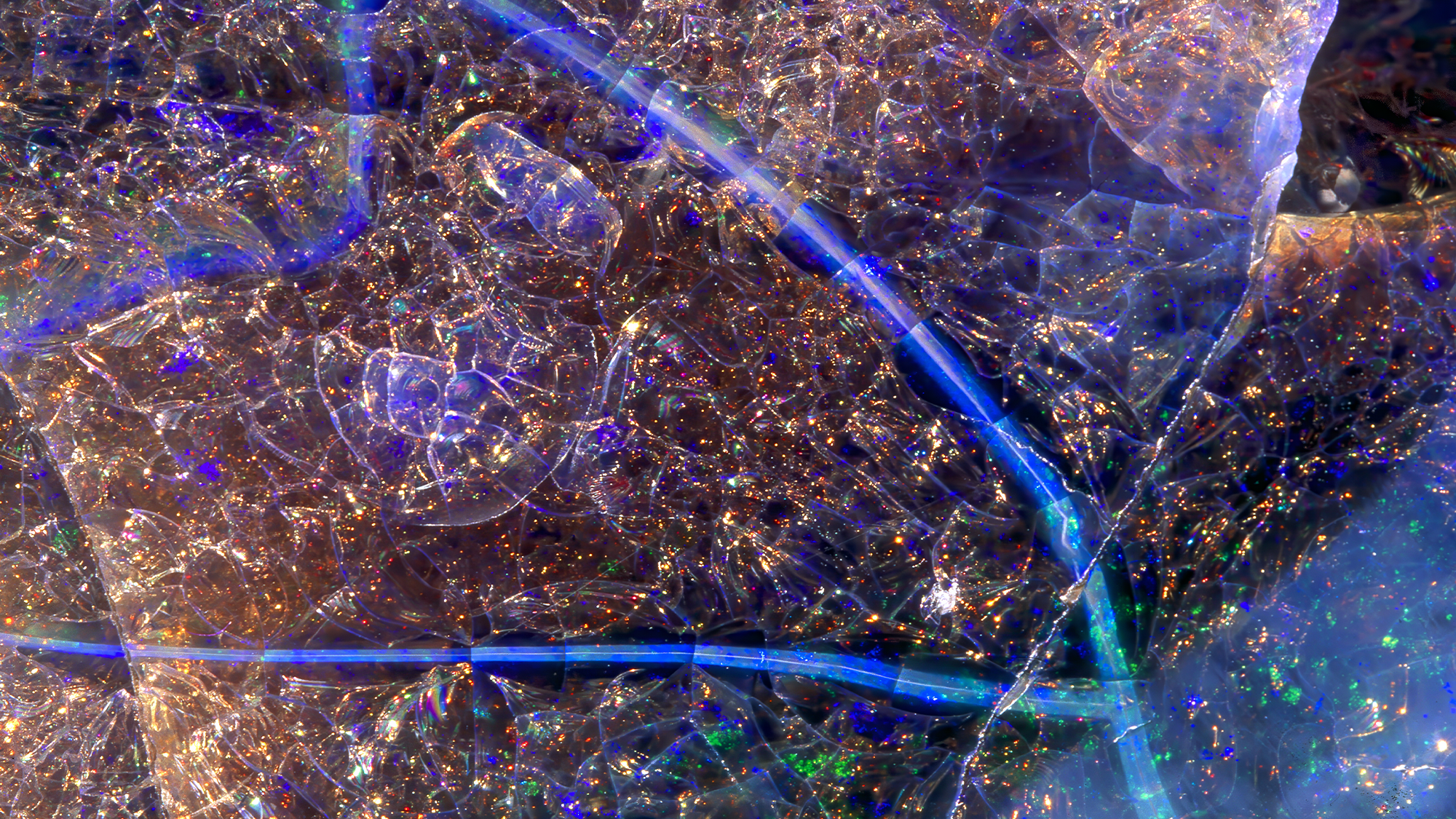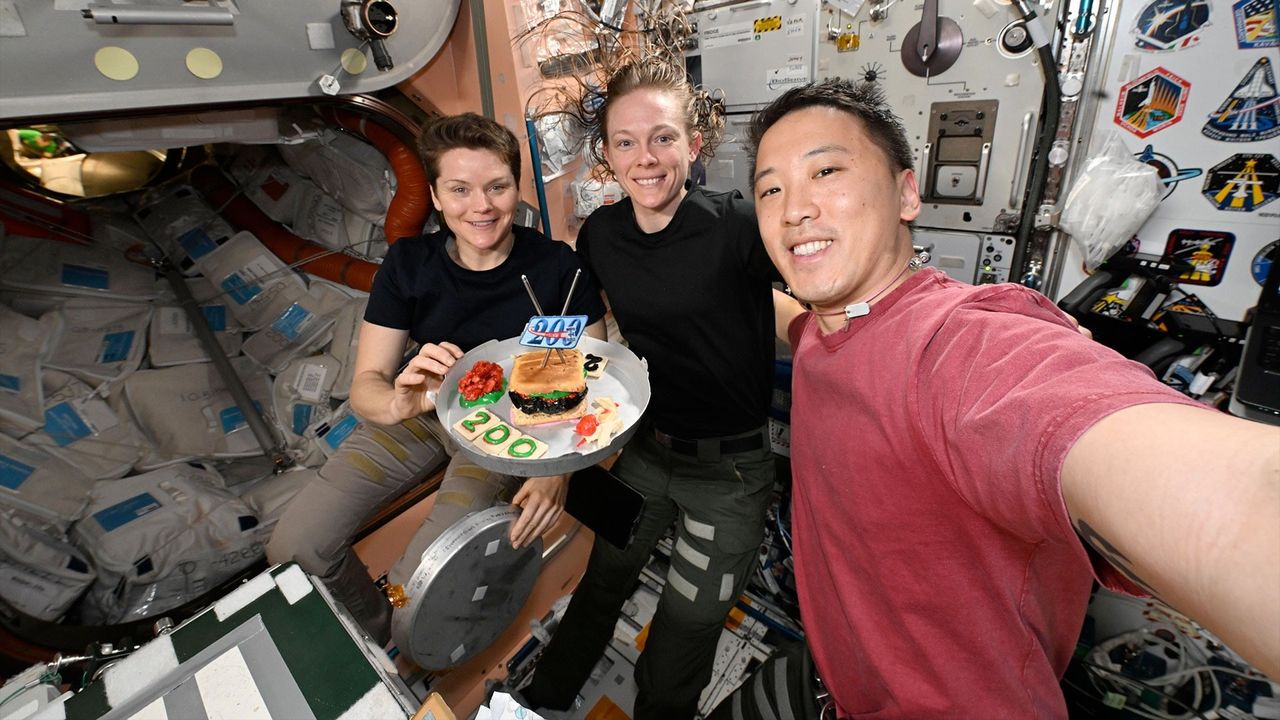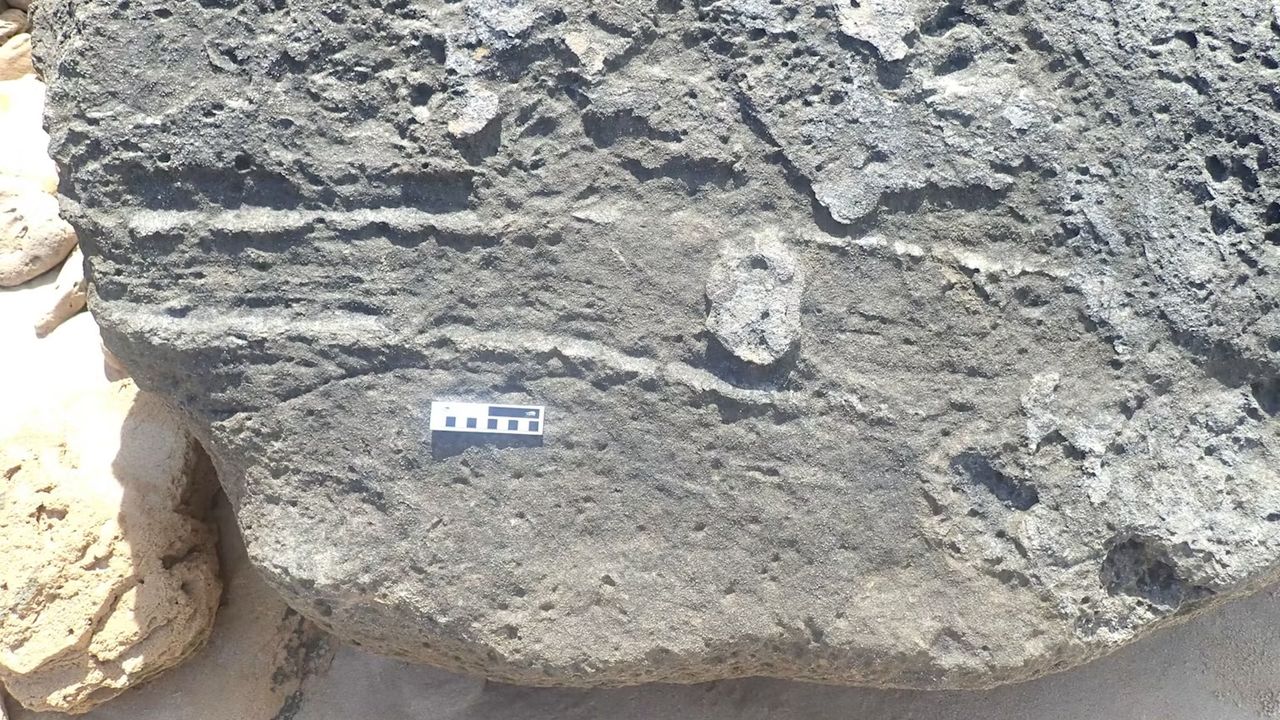How scientists are shining light on the biology behind seasonal affective disorder
PositiveScience
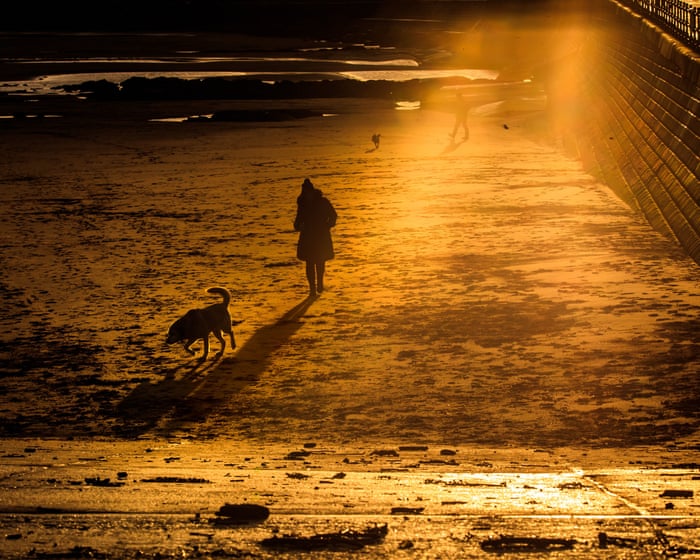
Recent research is shedding light on seasonal affective disorder (SAD), revealing how factors like sleep, light exposure, and therapy can significantly impact those affected by the winter blues. This is important because understanding these connections can lead to better treatment options and improved mental health for many individuals during the darker months.
— Curated by the World Pulse Now AI Editorial System

